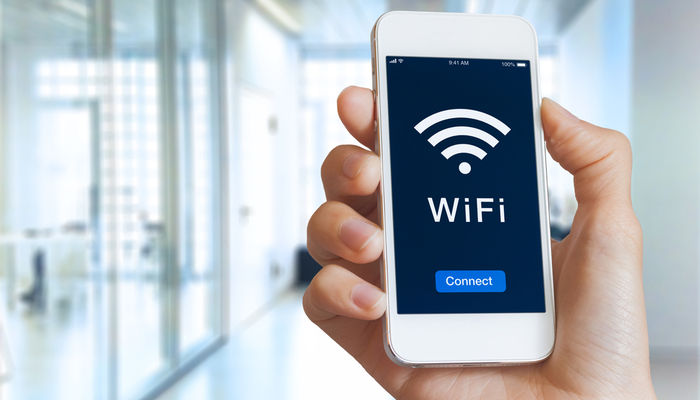


The newest certification of Wi-Fi speeds, Wi-Fi 6, is now a reality. Next-generation routers like the Netgear Nighthawk AX12 are capable of speeds up to thirty percent faster than the top-of-the-line Wi-Fi 5 routers that are the current standard. What does this mean for the average consumer? Is it time to upgrade, or will your existing router be good for a while longer? Let’s take a closer look.
Wi-Fi 6
How Fast is it?
The first question that needs to be asked of the new wireless standard is “just how fast is it?” Unsurprisingly, the answer is that it’s absurdly fast. In preliminary testing, Wi-Fi 6 routers have shown themselves capable of speeds pushing 1.2 gigabits per second. This means that the newest wave of routers would have the transfer speeds required to allow for incredibly smooth streaming video and games, as well as download speeds that sound unreal.
At present, the fastest Wi-Fi 5 rated routers aren’t capable of pushing 1 gigabit of speed. This means that anyone with a direct fiber internet connection capable of putting out a gig of speed aren’t able to get all of the speed they’re paying for! As such, if you’re already paying for fiber speeds, it might be time to consider upgrading to the cutting edge of routers.
What This Means
This new Wi-Fi certification means more than just blisteringly fast speeds. Thanks to the increased power offered by the new standard, public Wi-Fi will likely get better in the coming months and years. Wi-Fi 6 routers can cover a much broader area than their Wi-Fi 5 cousins, and they can also connect to more devices at once without compromising speeds.
Notably, Wi-Fi 6 routers are backward-compatible with Wi-Fi 5 devices. This means, essentially, every device you own that can use a Wi-Fi connection, from your phone to your tablet to your laptop. However, most devices that are rated for Wi-Fi 5 won’t be able to take full advantage of the speeds offered by Wi-Fi 6. That said, the routers themselves will be able to service more devices at once, meaning they’ll be useful even for older devices.
High-Speed Internet
One of the most important things to keep in mind when you consider router transfer speeds is that they’re only one link in a chain. Think of it like being on an assembly line making widgets. If you can make thirty widgets in a minute, that’s great! However, if the person to your left, who hands you completed wodgets to make into widgets, can only make ten wodgets in a minute, then you’re bottlenecked. As such, you can only make as many as the slowest person in the chain.
The same thing occurs with Wi-Fi routers. Even if you had a brand-new Wi-Fi 6 router capable of transferring data at over a gigabit per second, that wouldn’t do you any good if your ISP is only sending you speeds at 100mbps. As such, most houses that are getting the average internet speed actually aren’t going to be interested in the newest Wi-Fi 6 routers right away. That is, of course, unless they want to future proof.
Future Proofing
In the years to come, it’s expected that average internet speeds will continue to rise steadily. As direct fiber connections become more common, speeds exceeding one gig will become the norm. This means that in the next few years, it’s likely that most Wi-Fi 5 routers will become outdated and unable to keep up with average transfer speeds.
In short, that means that most homes won’t need a Wi-Fi 6 router right away. However, if you already get fiber internet speeds, you might see a bump in your Wi-Fi speeds with these new routers. Similarly, if you want to future-proof your home for the coming increases in internet speeds, you could opt for a Wi-Fi 6 router now. In either case, you’ll be picking up one of these new routers sooner or later as Internet speeds increase across the board.










